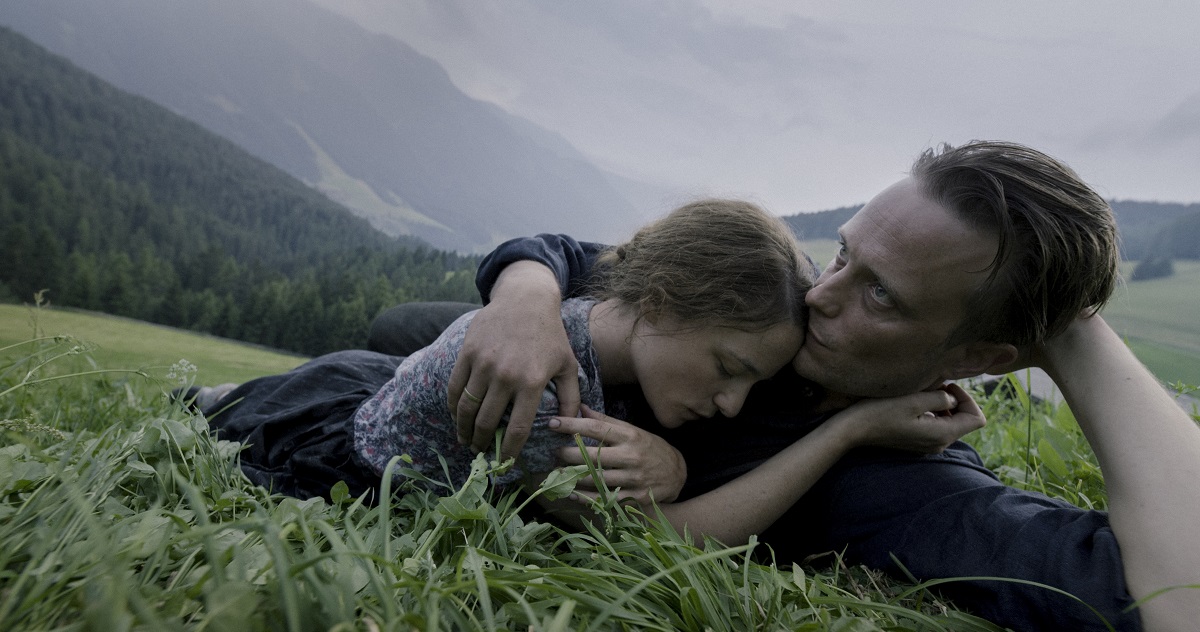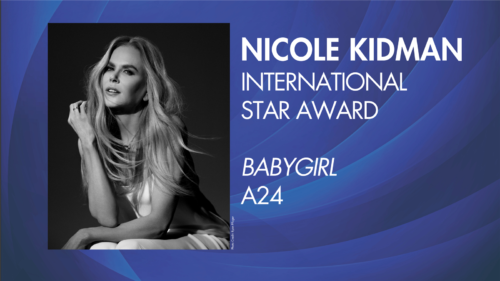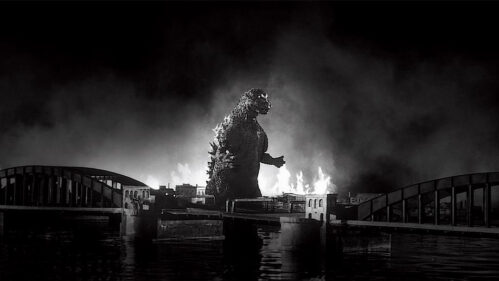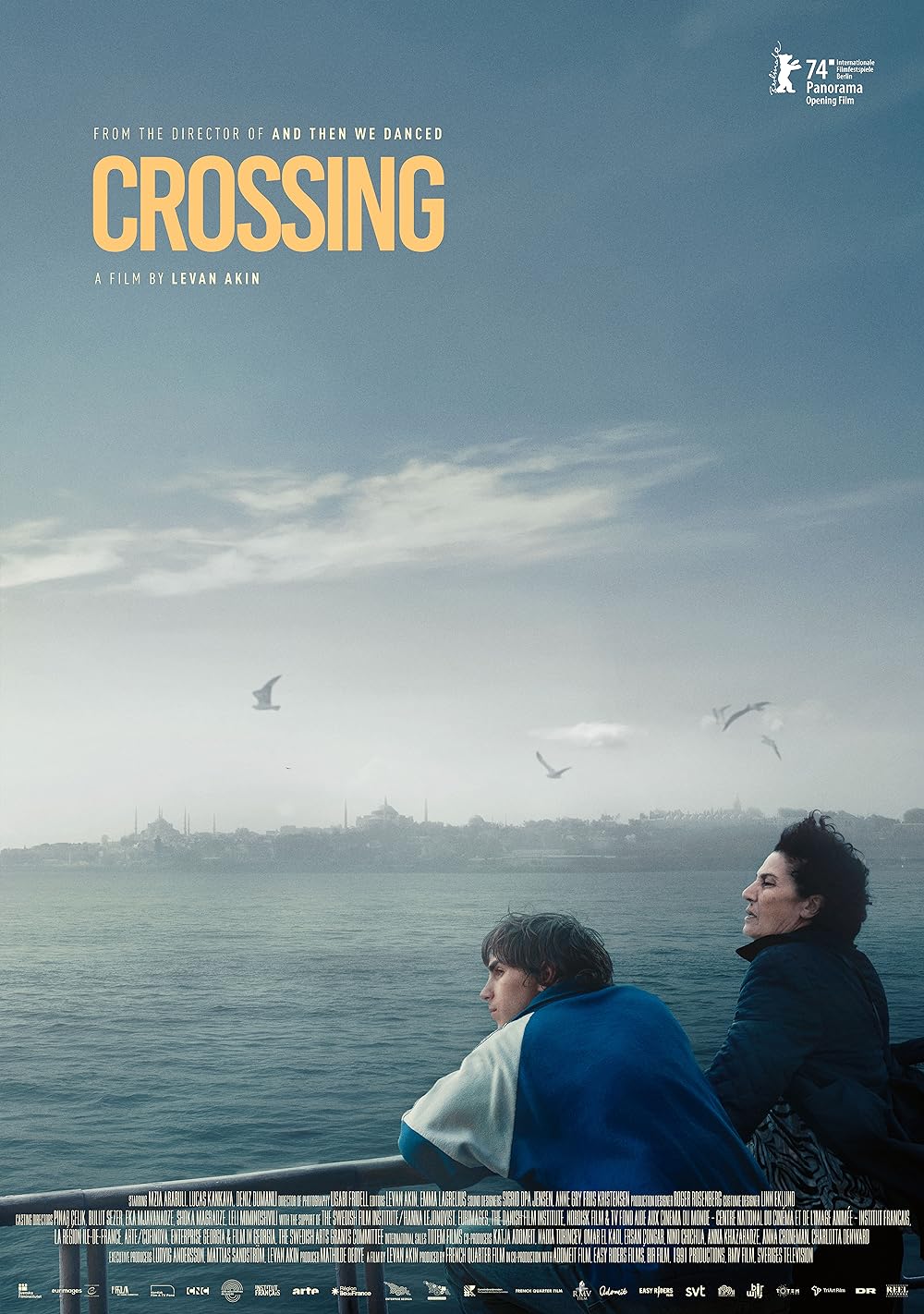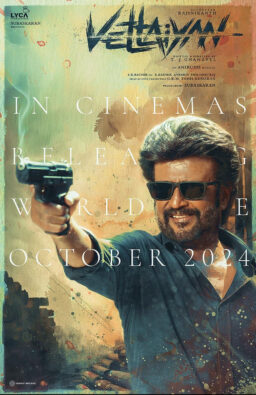One of the Cannes competition films most anticipated this year is Terrence Malick's "A Hidden Life," a screen biography of Austrian WWII conscientious objector Franz Jagerstatter. Malick won Best Director at Cannes in 1979 for the cult favorite "Days of Heaven." After a sporadic output that included "The Thin Red Line" in the intervening years, he was welcomed back to Cannes in 2011 like a prodigal son, with the flamboyant metaphysical opus "The Tree of Life," which won the Palme d'Or that year.
Since "The Tree of Life," Malick has stepped up the pace of production, with nearly a film per year. Thematically, he has continued to work in an overtly metaphysical and Christian message direction. There will be a great many who find "A Hidden Life" truly moving. Malick's Jagerstatter is portrayed as an unblemished 20th-century saint through and through. In fact, Jagerstatter was beatified by the Catholic Church in 2007, one of the several steps to an official declaration of sainthood.
On one level, what's not to like? "A Hidden Life" is conspicuously reverent, gorgeous to look at, and morally on the right side of history. It's likely to be a fixture in church and school discussion groups and seminars for years to come. A little research into the historical Jagerstatter reveals that he was a far more complex, widely experienced, traveled, and educated character than Malick's holy peasant, as was his wife, but this is, after all, Malick's film, and his fictionalized vision. Setting the stage for Nazi evil vs. good, he opens with a montage of images from Leni Riefenstahl's "Triumph of the Will."
Shot in widescreen, "A Hidden Life" boasts the sumptuous visuals for which Malick's work is renowned. The first shot of the valley in the Austrian Alps where Franz (August Diehl) and his wife Fani (Valerie Pachner) live with their three children, takes in the lush green landscape with such depth of field that it almost seems like 3-D. Malick romanticizes their love and their family life with soaring music and a flood of heart-tugging imagery. Home is an idyllic farming village where little in the social or agricultural order has changed for centuries. News of the world doesn't filter down very far here, but there is a war in progress, and men have been conscripted to fight.
Franz serves and comes back with a farming exemption. The one change that the village has undergone is that Nazi fervor has taken hold. Based on his recent military experience, Franz alone among his neighbors has formed the opinion that the war is wrong. He refuses to "Heil Hitler," to contribute to a Nazi solicitation for veterans, or to accept a cash subsidy for his family. The drunken village mayor and others spout anti-immigrant sentiments, but there is no mention of Jews or extermination. The specifics that rankle Franz's conscience so mightily are always left vague.
Resisting the Nazis is interpreted as equal to sin by the pious residents of the village. Franz confides his doubts to the parish priest. Perceiving that this level of moral questioning is above his pay grade, the priest refers him to the bishop. The bishop advises that he submit himself to the church: "You have duty to the fatherland," he says.
In the bishop's residence and other locations away from the bucolic beauty of the village, Malick also excels in visual realization, bringing the interiors of ancient churches, sacred artwork, and embellished medieval edifices of every sort into the story. His signature technique of utilizing voiceover narration to reveal confidences, letters, and thoughts in place of dialogue pairs effectively with location-as-character, since this is a film with remarkably little to see in terms of dramatic advancement. Delivered with enormous gravity, in "A Hidden Life," these voiceovers can be perceived as increasingly instructional and evangelizing.
In 1943, Franz is called up for military service again, despite his exemption. Resolved that he will refuse to take the required oath of fealty to Hitler, and understanding the consequences, he moves on to the next chapter in his fate. All of his adversaries are external. He harbors no doubts about his personal mission, and is portrayed as clear of conscience in refusing every chance that might have gotten the charges against him reduced or dropped.
Lead actor Diehl, with chiseled features and hollow cheeks, suffers nobly, and Franz is doomed to suffer in saintly fashion throughout the final hour of "A Hidden Life." A half-crazy prisoner tempts Franz to deny God, but he doesn't listen. He recites the 23rd Psalm in voiceover. He accidentally knocks over someone's umbrella minutes after receiving his death sentence in a Nazi tribunal, and stoops down to put it back in place with his manacled hands. As Malick sees it, he's just that good.
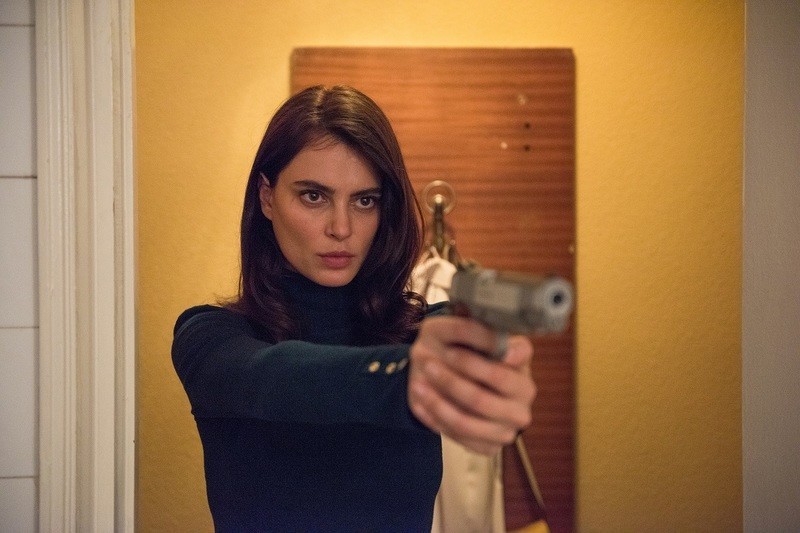
The term whistleblower takes on an alternative meaning in Corneliu Porumboiu's very tongue-in-cheek black comedy "The Whistlers." It marks the Romanian director's first time competing for the Palme d'Or. Porumboiu won the Camera d'Or at Cannes in 2006, with his first feature "12:08 East of Bucharest," and has screened in Un Certain Regard with other films including "Police, Adjective," and "The Treasure," both of which were awarded prizes in that section of the festival.
With "Police, Adjective" and his recent "Infinite Football," Porumboiu demonstrated his affinity for the strain of New Romanian Cinema that tends toward exploring the mechanics of process to the limits of absurdity. In "Police, Adjective," this involved the precise interpretation of words. In "Infinite Football," it was the intricacies of soccer rules.
"The Whistlers" is a poker-faced comedy that subtly, then more blatantly undercuts itself with intent, through complications and creeping excess that includes references and homages to other films, including John Ford's "The Searchers." Porumboiu keeps the viewer off-balance with tangled facts, unfathomable relationships, and procedural details of a heist.
"The Whistlers" at first appears to be modeled as a standard thriller involving a policeman who is a double agent for the mafia. Iggy Pop's kickass rendition of "The Passenger," strikes an incongruous note on the soundtrack as stodgy, greying middle-aged cop Cristi (Vlad Ivanov) arrives by boat to Gomera in the Canary Islands. It's the first clue that all bets may be off when it comes to genre expectations.
Cristi is there to be tutored in an ancient whistling language that is now used by mafia operatives to relay information non-verbally across distances. His assigned partner in crime is the statuesque Gilda (Catrinel Marlon), who is to direct him in getting their man Zsolt (Sabin Tambrea) out of prison. A flashback reveals Cristi's sexual adventure with Gilda back in Bucharest, when she faked an identity as his high-priced call girl for the benefit of surveillance cameras.
"The Whistlers" can ultimately be taken as a game or exercise of sorts. For whom, or with whom Cristi is actually working barely matters, whether it's for Gilda's mafia masters, or the tough-gal police boss Magda (Rodica Lazar), who at some point sets out to kill him. It's about the process. Porumboiu plants gotcha moments all over the place, and springs a bang-up ending in Singapore that is a delectable blast of kitsch.

